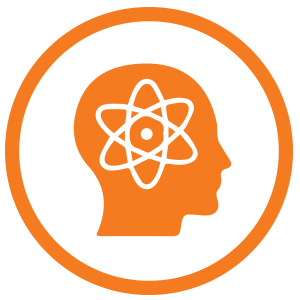Mental Health and Substance Abuse Social Workers
What They Do: Assess and treat individuals with mental, emotional, or substance abuse problems, including abuse of alcohol, tobacco, and/or other drugs. Activities may include individual and group therapy, crisis intervention, case management, client advocacy, prevention, and education.
Also Called: Case ManagerClinical Social WorkerClinical TherapistClinicianCounselorLicensed Clinical Social Worker (LCSW)Mental Health TherapistSocial WorkerTherapist
Resource Details
 Knowledge
Knowledge
| Name | description |
|---|---|
| Therapy and Counseling | Knowledge of principles, methods, and procedures for diagnosis, treatment, and rehabilitation of physical and mental dysfunctions, and for career counseling and guidance. |
| Psychology | Knowledge of human behavior and performance; individual differences in ability, personality, and interests; learning and motivation; psychological research methods; and the assessment and treatment of behavioral and affective disorders. |
| English Language | Knowledge of the structure and content of the English language including the meaning and spelling of words, and rules of composition and grammar. |
| Customer and Personal Service | Knowledge of principles and processes for providing customer and personal services. This includes customer needs assessment, meeting quality standards for services, and evaluation of customer satisfaction. |
| Education and Training | Knowledge of principles and methods for curriculum and training design, teaching and instruction for individuals and groups, and the measurement of training effects. |
| Sociology and Anthropology | Knowledge of group behavior and dynamics, societal trends and influences, human migrations, ethnicity, cultures, and their history and origins. |
| Public Safety and Security | Knowledge of relevant equipment, policies, procedures, and strategies to promote effective local, state, or national security operations for the protection of people, data, property, and institutions. |
| Medicine and Dentistry | Knowledge of the information and techniques needed to diagnose and treat human injuries, diseases, and deformities. This includes symptoms, treatment alternatives, drug properties and interactions, and preventive health-care measures. |
| Administration and Management | Knowledge of business and management principles involved in strategic planning, resource allocation, human resources modeling, leadership technique, production methods, and coordination of people and resources. |
| Philosophy and Theology | Knowledge of different philosophical systems and religions. This includes their basic principles, values, ethics, ways of thinking, customs, practices, and their impact on human culture. |

